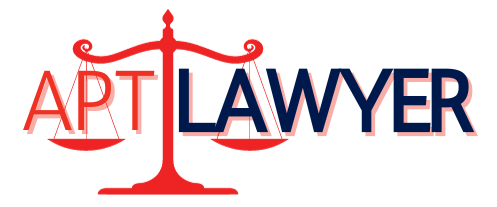Role of Alternative Dispute Resolution in Uganda

In Uganda, the legal landscape is continually evolving
To accommodate more efficient, cost-effective, and amicable methods of resolving disputes.
One such method that has gained significant traction is Alternative Dispute Resolution (ADR). This blog post explores the role of ADR in modern legal practice in Uganda, highlighting its benefits, types, and the legal framework supporting its use.
Understanding Alternative Dispute Resolution (ADR)
Alternative Dispute Resolution refers to a range of processes designed to resolve disputes outside of traditional courtroom litigation. ADR includes methods such as mediation, arbitration, conciliation, and negotiation. These processes offer a more flexible, less adversarial, and often quicker resolution compared to the conventional court system.
Benefits of ADR
- Cost-Effectiveness: ADR processes are generally less expensive than court litigation. Parties can avoid the high costs associated with prolonged court battles, including legal fees and other related expenses.
- Time Efficiency: ADR typically resolves disputes faster than the traditional court system, which is often burdened with a backlog of cases. This efficiency helps parties reach a resolution without the lengthy delays commonly experienced in courts.
- Confidentiality: ADR proceedings are usually private, ensuring that sensitive information is not disclosed publicly. This is particularly important for commercial disputes where business secrets might be involved.
- Preservation of Relationships: The less adversarial nature of ADR helps maintain and even improve relationships between disputing parties. This is especially beneficial in family disputes or business conflicts where ongoing relationships are crucial.
- Flexibility: ADR offers flexible procedures tailored to the needs of the parties involved. This flexibility allows for creative solutions that might not be available through a court judgment.
Types of ADR
- Mediation: A neutral third party, known as a mediator, facilitates discussions between the disputing parties to help them reach a mutually acceptable solution. The mediator does not impose a decision but assists in communication and negotiation.
- Arbitration: In arbitration, an arbitrator (or a panel of arbitrators) hears evidence and arguments from both sides and then makes a binding decision. Arbitration can be less formal than court proceedings and offers finality as the arbitrator’s decision is typically not subject to appeal.
- Conciliation: Similar to mediation, conciliation involves a neutral third party who helps the disputing parties resolve their issues. However, the conciliator may take a more active role in proposing solutions and suggesting terms of settlement.
- Negotiation: This is the most informal form of ADR, where parties directly communicate to resolve their dispute without the involvement of third parties. Negotiation can occur at any stage of a dispute and often leads to a mutually satisfactory agreement.
Legal Framework Supporting ADR in Uganda
Uganda’s legal system recognizes and supports the use of ADR through various statutes and regulations. Key legislative frameworks include:
- The Arbitration and Conciliation Act, Cap 4: This Act provides a comprehensive legal framework for arbitration and conciliation in Uganda. It outlines procedures, enforcement mechanisms, and the role of courts in supporting ADR processes.
- The Judicature (Mediation) Rules, 2013: These rules mandate the use of mediation in certain civil disputes before proceeding to trial. The aim is to encourage amicable settlements and reduce the backlog of cases in the judicial system.
- The Civil Procedure Rules: These rules provide for the referral of cases to mediation or other ADR mechanisms as a way to streamline dispute resolution and improve access to justice.
ADR in Practice: Case Studies
Several notable cases in Uganda demonstrate the effective use of ADR. For instance, in commercial disputes involving large corporations, mediation has been successfully employed to reach settlements that preserve business relationships and ensure confidentiality. Similarly, family law cases often benefit from mediation and conciliation, helping to resolve sensitive matters like custody and property division in a less contentious manner.
In conclusion, Alternative Dispute Resolution (ADR) is an invaluable tool in modern legal practice in Uganda, offering numerous benefits over traditional litigation. By providing cost-effective, timely, and flexible solutions, ADR helps parties resolve disputes amicably while preserving relationships and confidentiality. As Uganda continues to embrace ADR, its role in the legal system is likely to expand, promoting a more efficient and accessible justice system for all.
